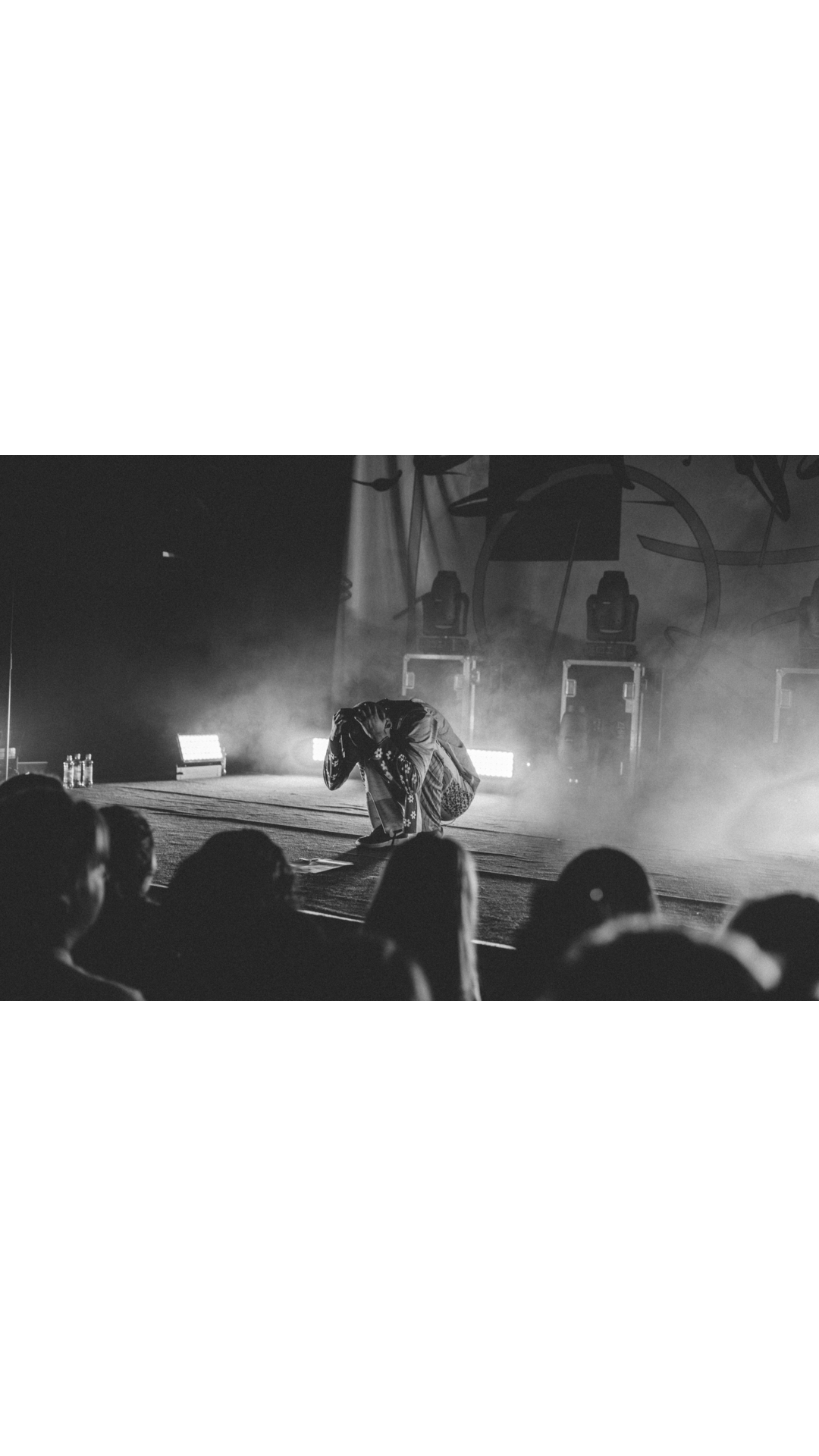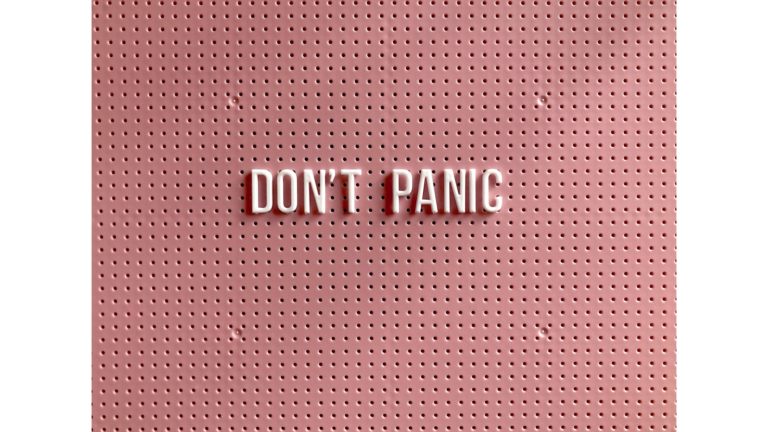I Help people sing and speak expressively and powerfully no matter the level of experience :)
HI, I'M JORGELINA
EXPAND YOUR VOCAL RANGE TODAY!
Grab today my 3 SINGING SECRETS to expand your vocal range for FREE!
GRAB IT NOW

A guide to surviving performance anxiety for singers
The voice is one of the most vulnerable parts of ourselves. Most new students when they start their singing lessons they feel exposed and vulnerable. This can lead to new singers being scared of performing in public – so today’s article topic is about surviving performance anxiety for singers.
But if singing is supposed to be something that comes naturally, then why is it such a big deal?
Well, yes. Singing is supposed to be easy and natural and the goal is actually to make it easy again. To be connected with our voice. To be one with our voice.
However, conditions are not perfect for that nowadays. There are many reasons why we build through the years a body that tends to lock up our voice more than it releases it.
Today we are going to talk about one of them.
THE EFFECT OF ANXIETY ON OUR VOICE
Many studies suggest that our lizard brain makes us react to perceived or real danger in a similar way. Whenever we are in a situation in which we feel unsafe, our lizard brain reacts as if we were in the presence of a real threat. Something that it was very useful many years ago when humans were indeed surrounded by real threats.
If you are in a perceived or real danger situation (remember that the brain doesn’t understand the difference between them both), your body will do all it can to protect you and hide you. Basically what is called fight, flight or freeze response.
In any of those scenarios, your body will try to hide your voice. It does make sense if you are indeed in real danger. But it does become a problem if you are trying to sing or to speak in public.
You will find yourself sending your brain two opposite signals: express your voice and hide your voice. No wonder why singing is so hard these days!!
Because nowadays we are left with the risk of rejection. People might reject you for what you say. People might judge your singing and compare you with others. People might not like you. And we have the internal need for belonging. Risking that is risking our survival (or so our brain thinks)!
Not to mention that too many people love criticizing and judging the voices of others. Laughing at unsuccessful contestants at singing reality shows, family members asking you to shut up, and people deciding that a singer has a “better voice” than another. It is a bit like saying that a person has a “better body” than another. How harmful words can be!
We live in a society that leaves us alone more and more. Singing used to be a community event. Singing used to be fun and safe for everyone.
But now, singing is associated with a scary situation. And even if our survival is not threatened, our brain will perceive that and react to it.
Even if you try hard to let your voice out it is not going to work. If your brain perceives danger then you will find a voice that doesn’t want to go out of a voice that yells and reacts. In either case, expression is blocked.
Even more, if your brain perceives danger, your breathing will become shallow and short (again, to protect you). Not good for singing! Our breathing is the fuel of our voice.

That explains why so many people insist on and complain about the fact that they can sing way better when they are by themselves at home than when they are in front of anyone else! Surviving performance anxiety for singers is necessary to be able to enjoy your music beyond yourself, to take part of a community activity – which is where the role of singing finds its place.

SO WHAT CAN WE DO ABOUT IT?
The good news is that we do have tools to surviving performance anxiety for singers and save you months and maybe years of frustration and non-productive singing training.
1- Find your safe space
Find a safe space to practice and explore your voice. There is nothing wrong with exploring and enjoying your voice in the safety of your room. Go for it! If you are like many people, you won’t even feel safe in your own room. If that is the case, try telling your mind that it is OK. You are safe. You are going to be fine. You are safe to let the voice out.
2- Expand your comfort zone safely
If you are comfortable and you want to start sharing your voice, either with a teacher or with other people, make sure you start small. Taking lessons is a good place to start. Your teacher ideally will know how to guide you and you know that you are in good hands, so it is a good place to start expanding your safety net.
3- Expand your comfort zone a bit more 🙂
Once you feel more confident with your own voice, maybe you can start sharing it with a supportive small group of people. If you haven’t done this yet please don’t start singing to a large crowd of people you don’t know. It is a giant step and it might make you frustrated and limit your progress.
It is better to start with a small group of supportive people that you trust. Sometimes you find this group within your family and/or your friends. And sometimes they are not the best examples of a supportive group.
Find your tribe. Even two or three people that are willing to listen to you and share music without judging and criticizing can be enough to dramatically boost your confidence. You don’t even have to sing by yourself, you can just join some friends to sing together. Don’t be afraid of taking small steps. Expanding your comfort zone gently is what you need to grow confident, expressive, and free.
Studies also link curiosity and creativity to feeling secure, so this is what you need to focus on rather than pushing your limits too much and disconnecting from yourself.
The previous step will feel uncomfortable at the beginning. As you keep on practicing, the feeling will become more and more comfortable and soon you will be looking forward to sharing your voice with your community. Little by little, or maybe very soon, you will start feeling more comfortable in front of strangers and larger crowds. As you grow in confidence, you will also get more comfortable with the feeling of being uncomfortable. You will be more willing to take a little risk because you know that you will be OK.
At Auckland Contemporary Singing School you will be trained in singing from an integral and holistic perspective
We offer:
- Vocal coaching for adults (all levels) – Jorgelina Pérez vocal coaching
- Singing training for kids, teens and adults beginners (Rockschool Syllabus)
- Singing and music training for very young kids (4-7 years old)
Singing lessons in person (Auckland – Unsworth Heights, North Shore area), and singing lessons / vocal coaching online 🙂
I help people to develop their voice and singing from a holistic approach. I teach vocal lessons in person in Auckland, NZ, and online. Also stay tuned for my new online singing programs!❤️
My greatest passion has always been the voice, music and energy arts.
My personal and artistic journey has led me to understand that the voice and the body are fully connected, and that includes not only the physical body but also the mental, emotional and spiritual body.
Through holistic vocal training you not only learn to become a great singer while taking care of your voice, but you also improve your mental and physical wellbeing❤️
AUCKLAND CONTEMPORARY SINGING SCHOOL - COPYRIGHT 2024 ©
leave a comment